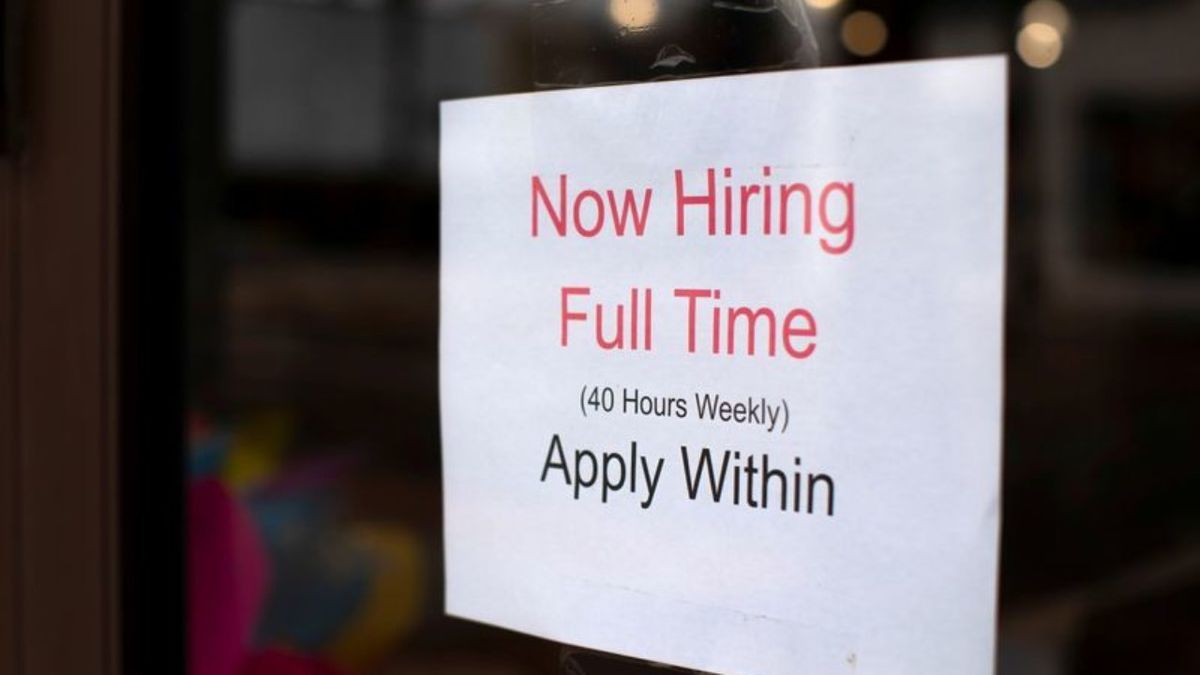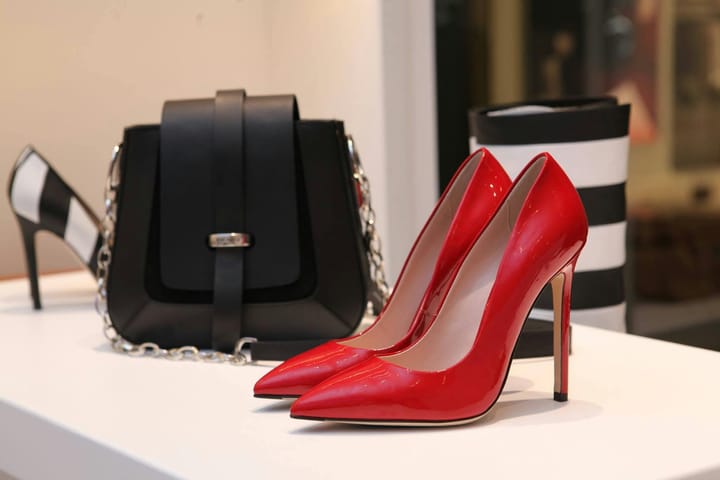Are unemployment benefits keeping people from going back to work?

A few minutes every morning is all you need.
Stay up to date on the world's Headlines and Human Stories. It's fun, it's factual, it's fluff-free.
Employers added only 266,000 new jobs in April, making it look like optimistic forecasts that the economy would quickly return to normal might be wrong.
What you need to know
- Under the COVID-19 stimulus packages passed in 2020 and earlier this year, an additional US$300 per week was added to unemployment payments nationwide for people who had been laid off.
- The idea behind the added money was that it would both help people who had been laid off from the hardest hit industries and keep people home so that they wouldn’t be out spreading the virus.
- The US$300 in additional unemployment will be ending in September and it doesn’t look likely that Congress will be extending it.
- Meanwhile, since President Joe Biden’s inauguration in January, progressive Democrats have been pushing for the national minimum wage to be increased from the amount it’s set at currently – US$7.25 per hour – to US$15 per hour.
- Democrats had tried to put the wage increase into the most recent COVID-19 relief bill, but the Senate parliamentarian, the person whose job it is to make rulings on Senate procedure, ruled that a wage increase couldn’t be put on the kind of bill that the relief bill was being passed as.
What’s new?
- 18 different states are looking to stop participating in the program that allows US$300 to be added to unemployment benefits for people without jobs.
- All 18 states have Republican governors who are arguing that the benefits are making it so that people want to stay at home rather than return to work.
- Job openings have definitely gone up in recent weeks as employers have been able to reopen places like restaurants.
- But just because there have been job openings doesn’t mean that people have returned to work. Employers added only 266,000 new jobs in April, making it look like optimistic forecasts that the economy would quickly return to normal might be wrong.
- Democrats have pushed back on the idea that people aren’t returning to work because their unemployment insurance benefits are too high, but rather that the minimum wage is too low and that workers deserve higher wages before being expected to return.
- “Let’s be clear,” Vermont Senator Bernie Sanders, a staunch supporter of the minimum wage increase, tweeted. “The problem is that too many employers in America are exploiting their workers by paying starvation wages with no benefits.”
So what’s actually going on with unemployment?
- Well, it’s sort of hard to tell. There are a number of theories being floated around, but some experts argue that the relatively low number of jobs that were added in April is just a blip, rather than an indication of any sort of trend.
- Some experts believe that companies will react to a labor shortage in the market by raising their wages, even if there isn’t any minimum wage increase on the federal level.
- Companies like Amazon, Costco, Target and McDonalds have all raised their hourly wages in recent months to entice workers.
- But there are other theories that the recession brought about by the pandemic decreased the size of the workforce. Seniors had to retire early to avoid getting sick and parents (particularly mothers) had to leave the workforce to take care of their kids, since they now were stuck at home due to the closing of schools.
- In reality, a number of these factors are what’s causing the labor shortage, but it will ultimately be up to state and federal legislatures to try to solve the problem.
Have a tip or story? Get in touch with our reporters at tips@themilsource.com




Comments ()